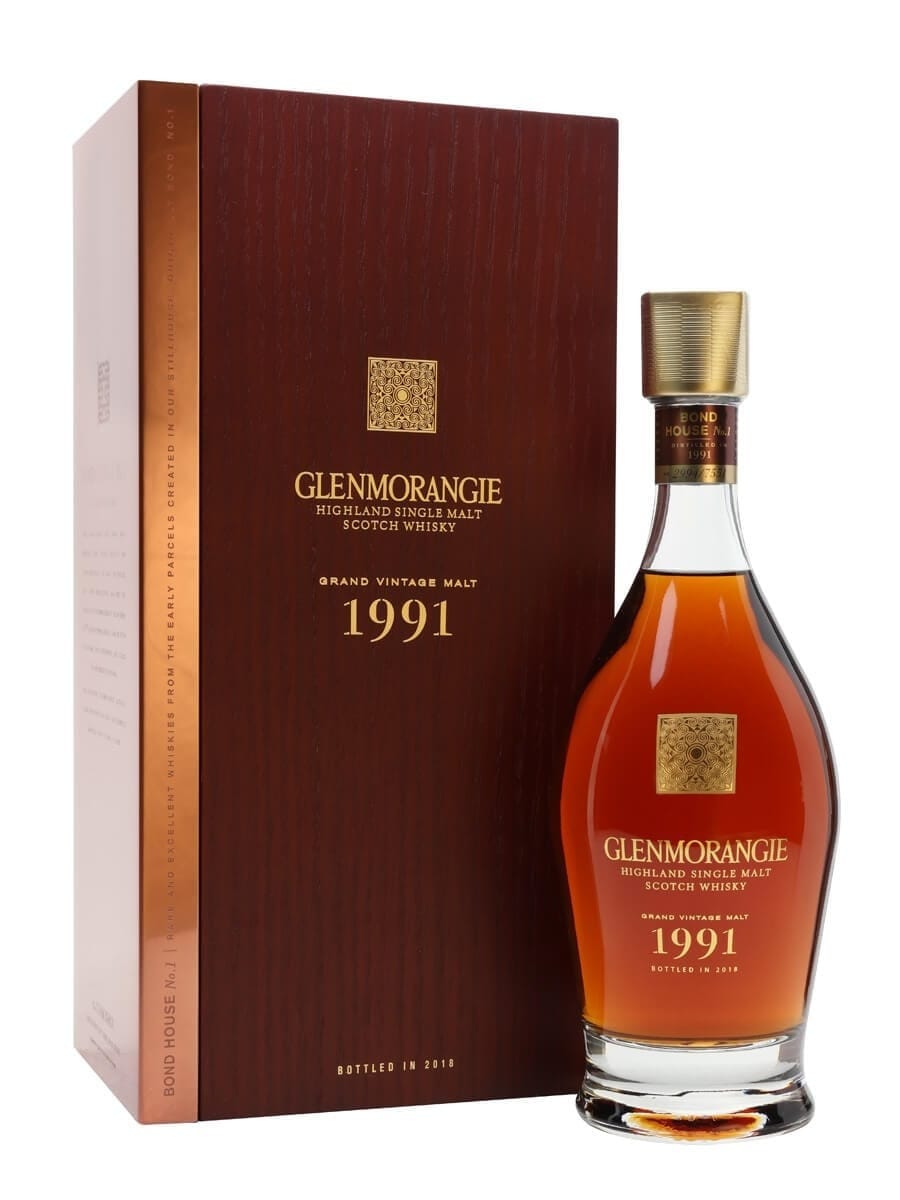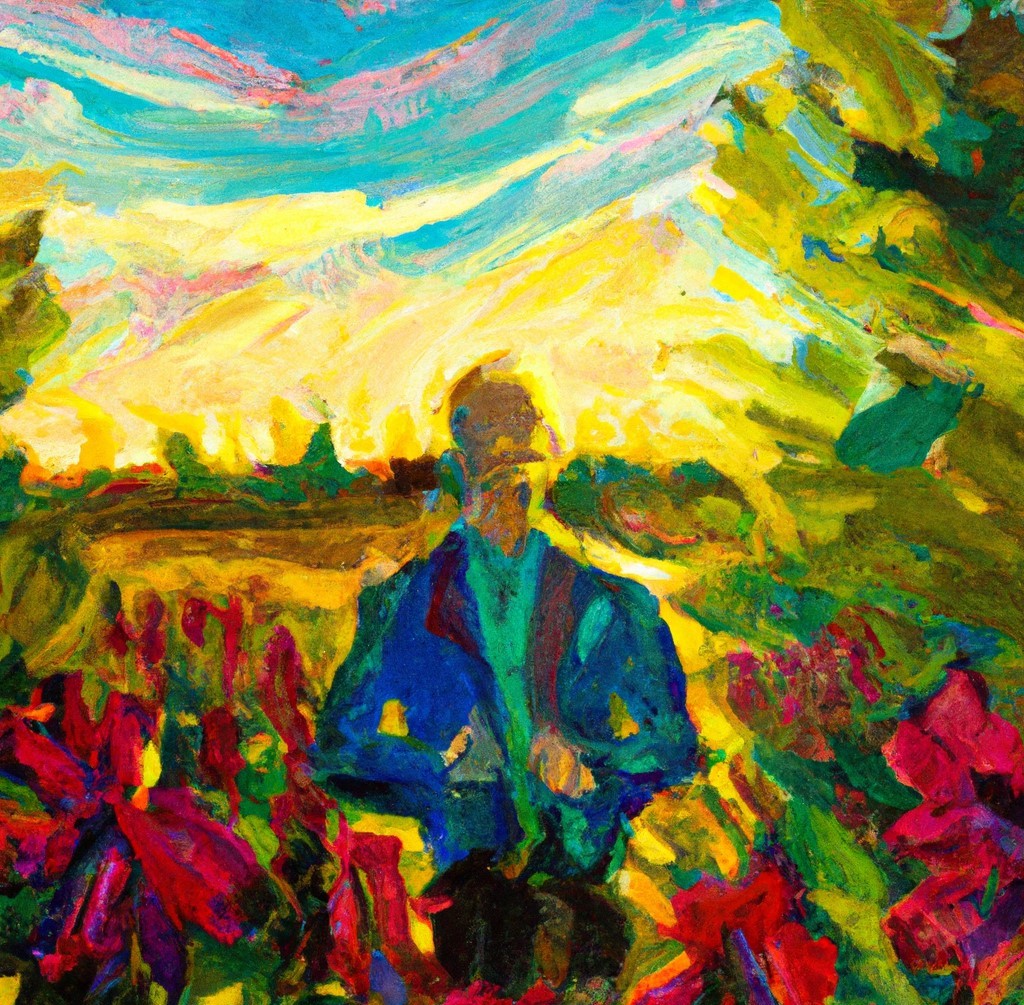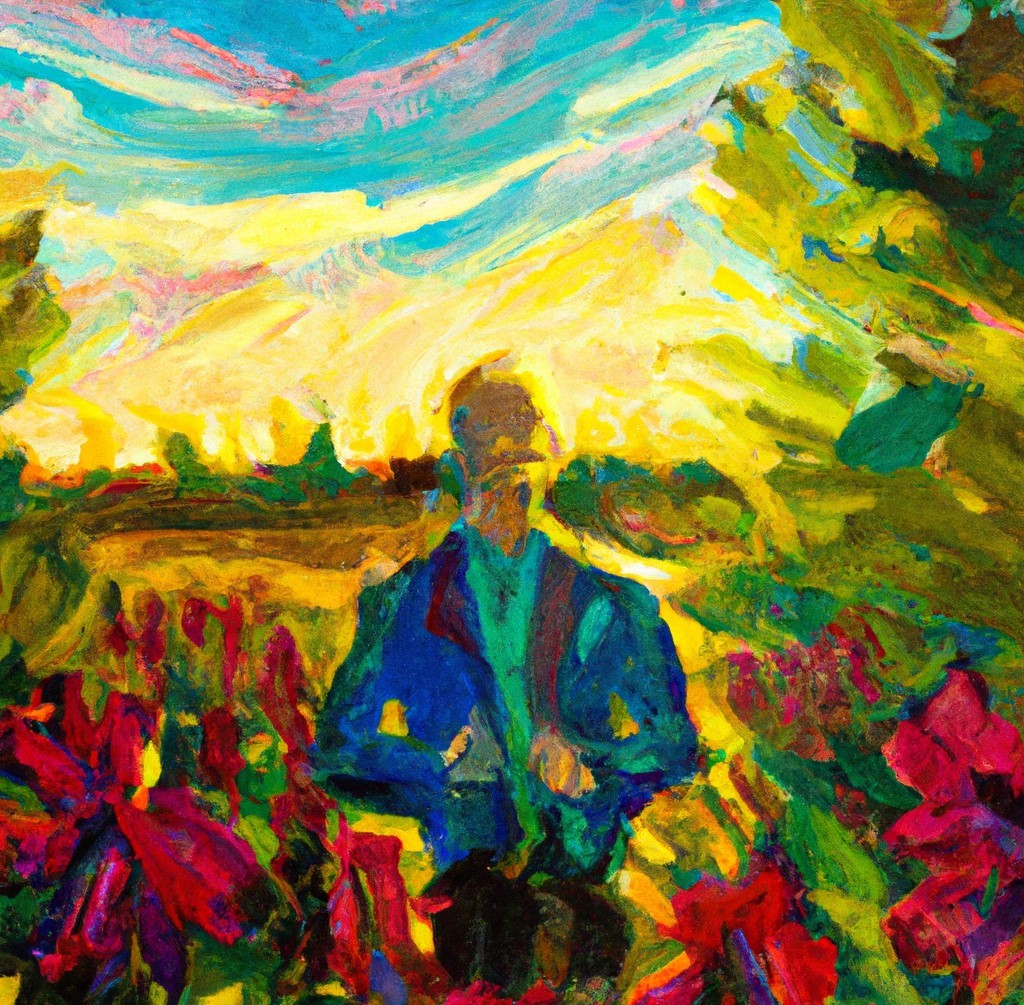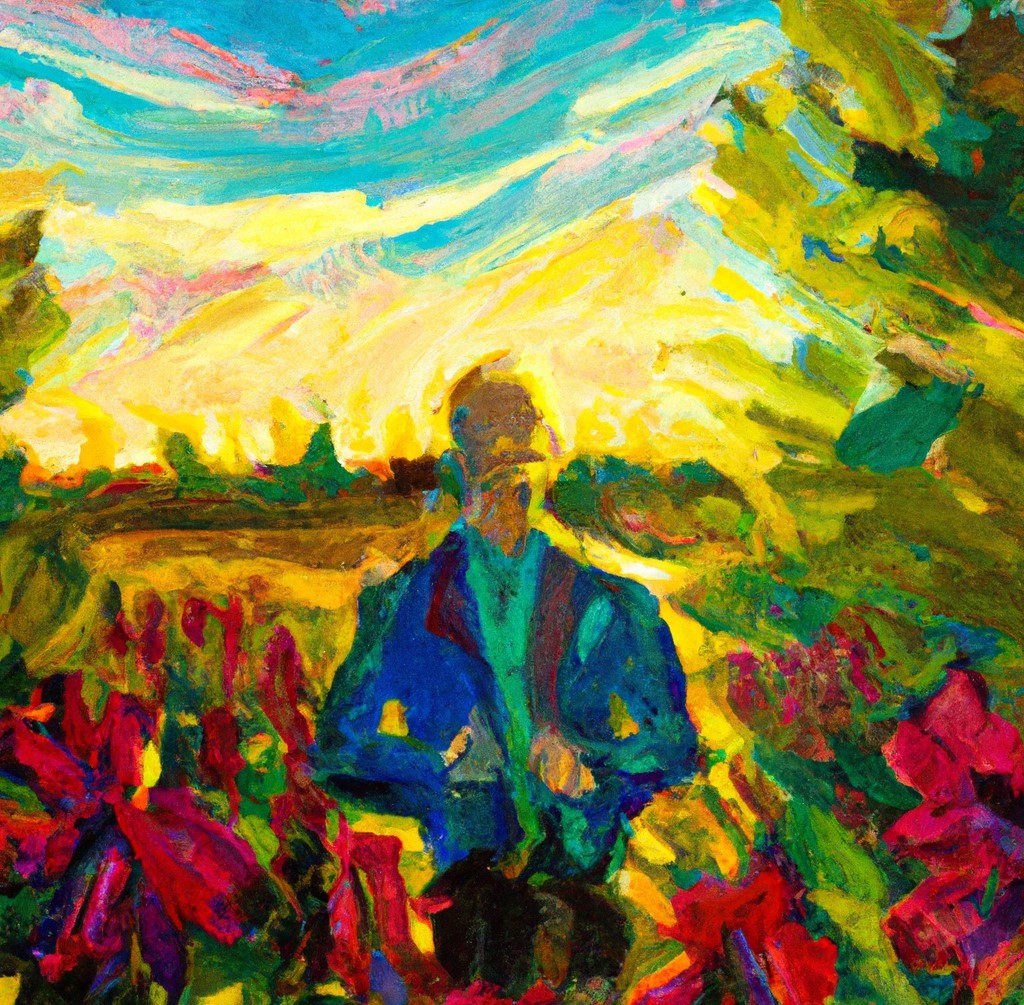Laden with apricots

When the evening draws in, and I settle into a comfy chair, the drink that has come to be my most treasured sip is:
viskio
whisky
And I've always found that the descriptions of a whisky's aroma, taste, and finish can be pleasingly poetic. And even if I lack the sophistication to discern each element for myself, or the writer was overzealous in their claims, it always adds a nice atmosphere to the sipping experience.
Today I'm having a shot at translating my favourite description!
The tastiest whisky I've ever had, and doubt will afford again is this one:

Glenmorangie Grand Vintage Malt 1991
Single malt aged 26 years among ex-burgundy and ex-oloroso sherry casks and a small amount of new toasted oak.
Glenmorangie is definitely my favourite distillery - no contest. And here's what the little booklet inside the fancy box has to say about the 1991:
Aroma
laden with apricots, plums and baked apples, this fruity nose is deep and mellow. Then chocolate and the gentlest hint of oak emerge, with suggestions of truffles and star anise.
Taste
a subtly peppery texture heralds a surge of ripe fruits, such as cherry, raspberry, plum and stewed apples, swathed in an abundance of milk chocolate.
Finish
the spirit's signature citrus notes ebb and flow alongside waves of fruit, sweet spices and oak drawn from its journey to maturity, in a long and undulating finish.
It was everything I was hoping for in a step-up over my previous favourites. I was happy to be able to at least tell that there was more complexity going on than I had treated myself to before. The stewed apples and plum actually specifically came through to me despite my low levels of sophistication, which was a treat.
Crazy to think that it was laid down in barrels when I was 3 years old, and didn't see a bottle for 26 years - enough time for me to grow up, go to university and get a job!
Anyway, if this is how I learn my Esperantic fruit vocabulary, so be it!
Aromo
ŝarĝita per abrikotoj, prunoj kaj bakitaj pomoj, ĉi tiu frukta aromo estas profunda kaj milda. Tiam ĉokolado kaj la plej ĝentila aludo de kverko elvenas, kun sugestoj de trufoj kaj stelanizo.
laden with apricots, plums and baked apples, this fruity nose is deep and mellow. Then chocolate and the gentlest hint of oak emerge, with suggestions of truffles and star anise.

Is it bad that I had no idea that prunes were dried plums? It actually took learning that the Esperanto for "plum" and "prune" is pruno and seka pruno for me to know.
I wasn't sure nazo "nose" could be used in the same manner as the English here. And I couldn't find enough confirmation in the dictionary, so chickened out and stuck with aromo.
Vortaro.net describes stelanizo "star anise" as a species of ilicio "illicium", which apparently comes from Latin meaning "entice" or "seduce", which is very fitting!
Now, I did find "mellow" a bit tricky. It's a kind of "soft" I suppose, but mola didn't seem right, since it's not about "mellow" as in inoffensive, or not-hard. It's more trying to evoke a pleasant, calm character, which lead me to milda, which vortaro.net describes as
agrable impresanta la senton
pleasantly impressing upon the senses
And even about wine:
senacida, foje duondolĉa k sen forta karaktero
non-acidic, sometimes semi-sweet and without a strong character
Gusto
subtile pipra teksturo heroldas hulon de maturaj fruktoj, kiel ĉerizo, frambo, pruno kaj pomkompoto, envolvitaj en abundo da lakta ĉokolado.
a subtly peppery texture heralds a surge of ripe fruits, such as cherry, raspberry, plum and stewed apples, swathed in an abundance of milk chocolate.

I did not expect to find "herald" in the exact same sense at vortaro.net, but I guess they were around for quite a while - and the same goes for "surge"! They sound quite wave-like together too: heroldas hulon. There's a lot of water and sea metaphor going on here, so I tried to retain it.
"Swathed" was a head-scratcher though. Apparently a similar origin as "swaddle", swaddle being a frequentative of swathe (see recent post on frequentatives). In my simple mind is the phrase "vast swathes of x" - big stuff - never really thought about where that came from. But it's all to do with enveloping and wrapping things, which bring me to volvi "to wind, to wrap around", together with en "in" we get:
envolvi
to envelop (wrap inside)
So we have essentially "enveloped/swathed in an abundance of milk chocolate"! That's living.
Fino
la karakterizaj citrusaj notoj de la alkoholaĵo fluas kaj refluas flanke de ondoj de frukto, dolĉaj spicoj kaj kverko ĉerpita el ĝia vojaĝo al matureco, en longa kaj ondanta fino
the spirit's signature citrus notes ebb and flow alongside waves of fruit, sweet spices and oak drawn from its journey to maturity, in a long and undulating finish.

The Esperanto word subskribo for "signature" seemed to have a very literal meaning in the dictionary. So I thought karakteriza "charactaristic" might be the safer bet here.
I had never noticed that "ebb" is the sea tide going back out; I only had the loose feeling that ebbing was "going away". It's far more literal in Esperanto apparently:
reflui
to ebb, to flow in the opposite direction (from flui "to flow" and the prefix re- for returning/doing again)
"Ebb and flow" sounds better in English than "flow and ebb", but perhaps the other way around sounds better in Esperanto: fluas kaj refluas. Because the meaning of "ebb" is too explicit here to find ourselves returning before going.
The dictionary entry even has the example:
la fluo kaj refluo de la maro
the ebb and flow of the sea (literally "flow and ebb")
And if you didn't already know the etymology of undulate, Esperanto begins to clear that up for you. "Wave" is ondo, "to undulate" is ondi, and undulating as an ongoing action gets that lovely present participle ending ondanta. Undulating means moving in a wave-like motion, from the Latin for wave.
Je via sano!
